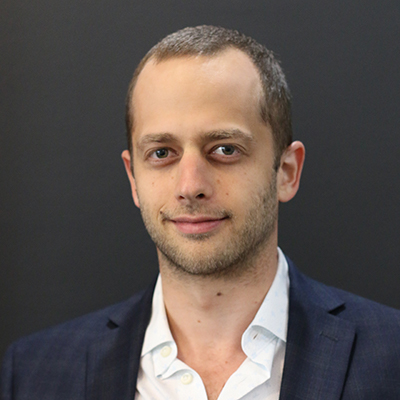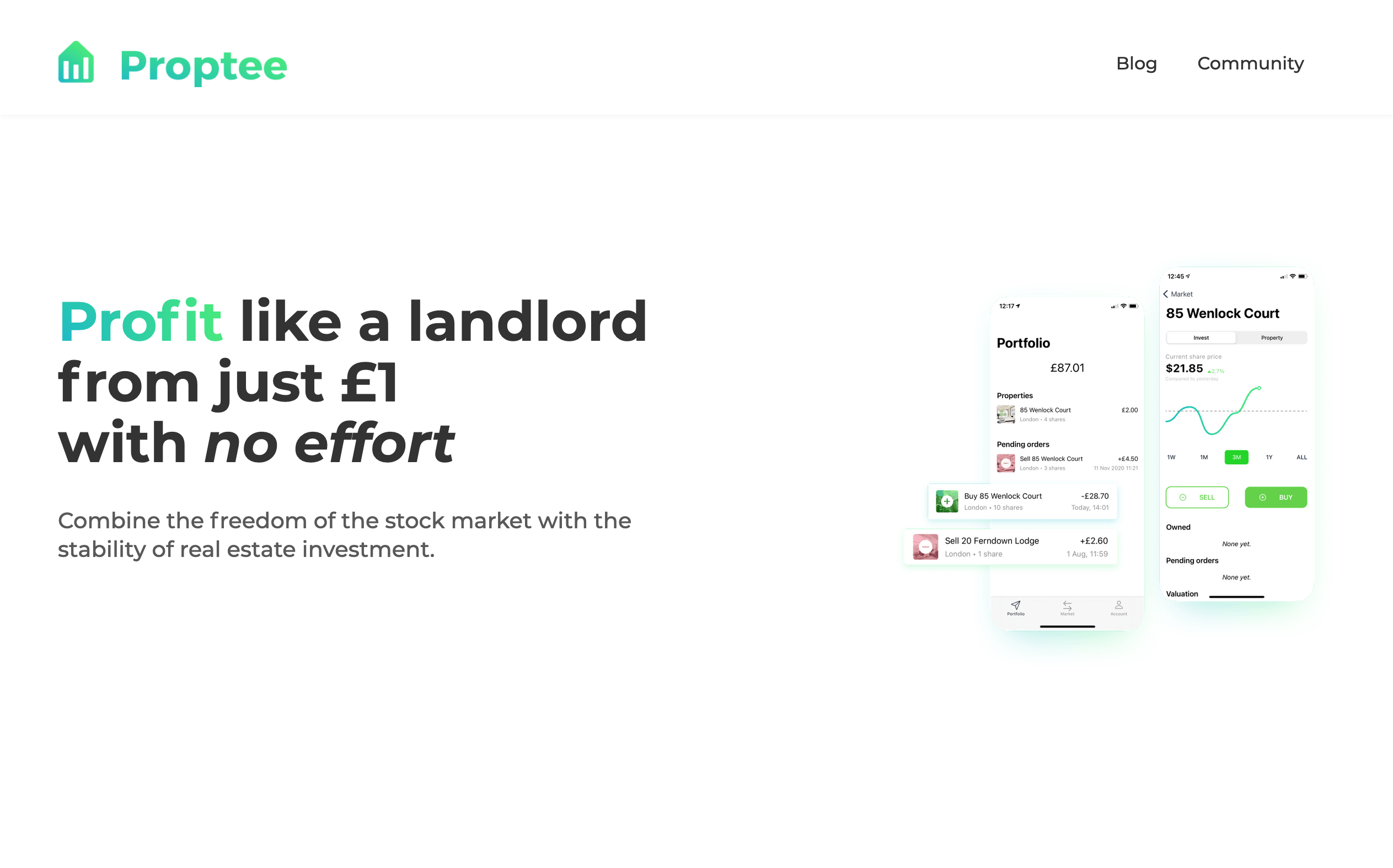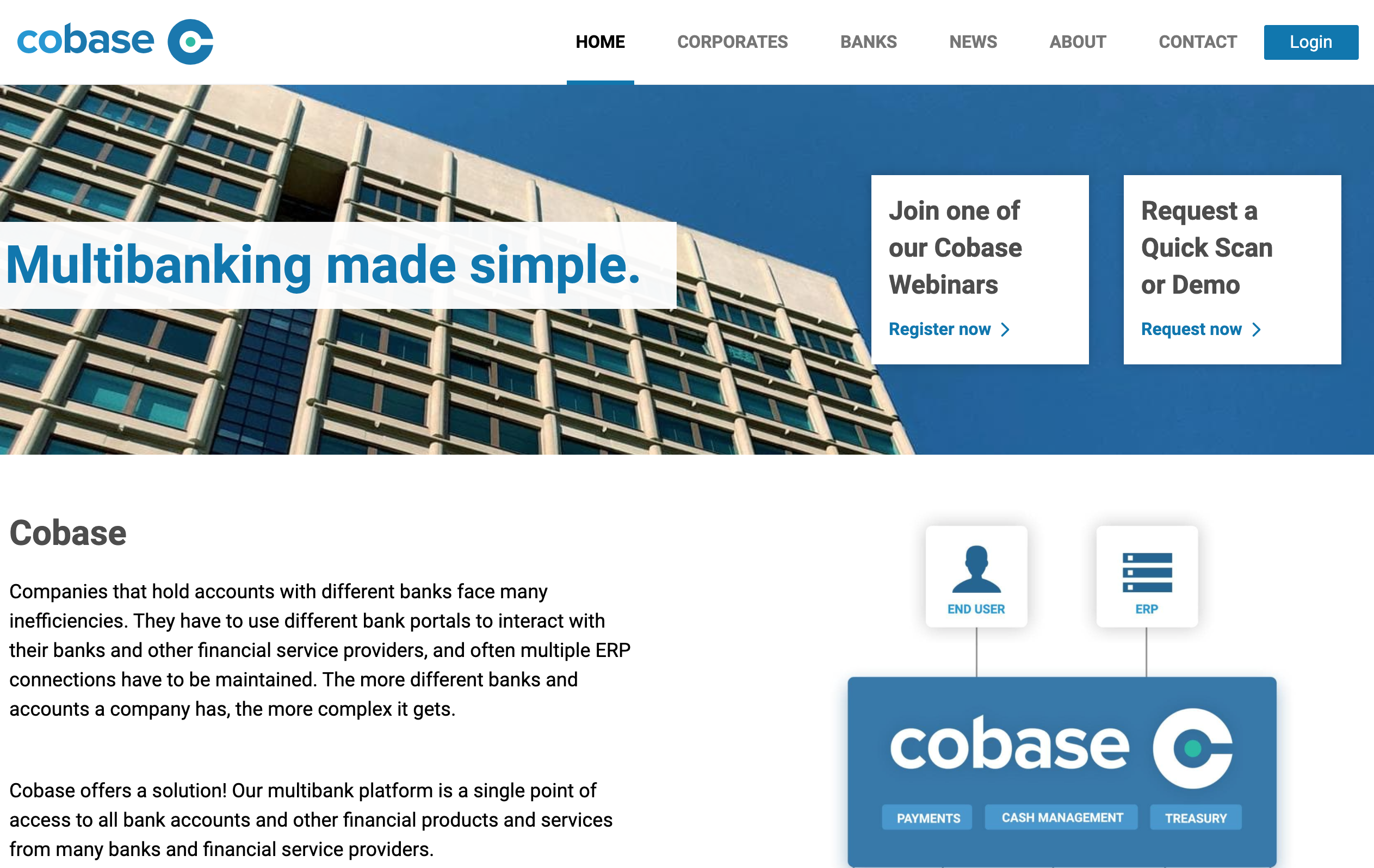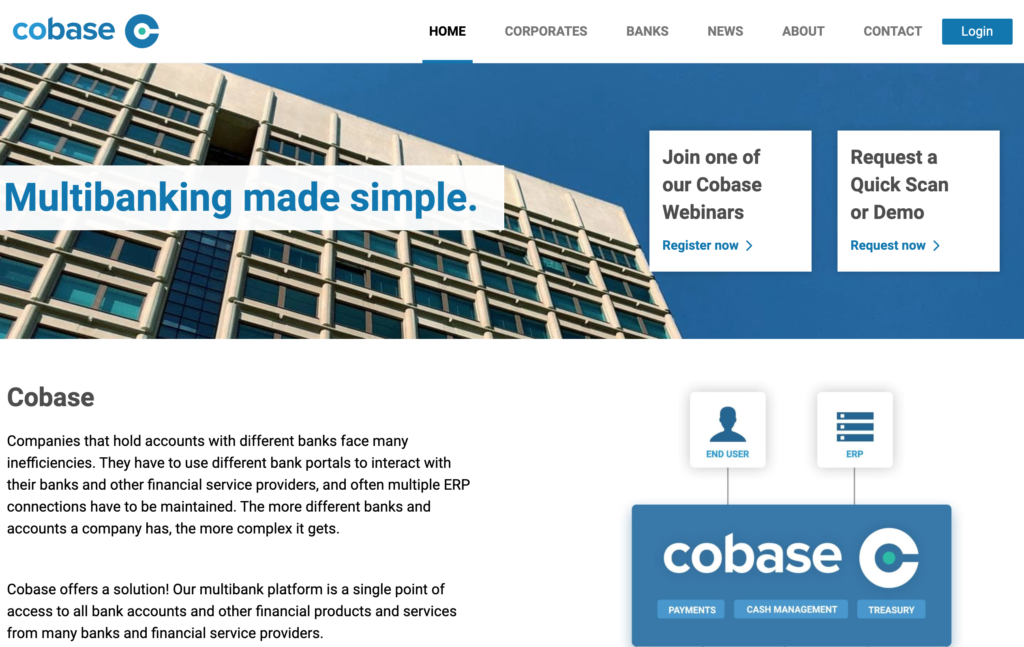Luvleen Sidhu, CEO of BM Technologies (formerly known as BankMobile), is now one of the youngest female founders and CEOs of a public company.
Since she co-founded BM Technologies in 2014, the company has made major news headlines. We recently spoke with Sidhu to get the background behind some of those decisions and to get her opinion on what it takes to compete in the fintech world as an ethnic minority and a woman.
First off, give us some background on BM Technologies (BMTX) and how it differentiates itself from other challenger digital banking platforms.
Luvleen Sidhu: BM Technologies, Inc. (NYSE American: BMTX, BMTX.W) is among the first neobanking fintechs to go public and is one of the largest digital banking platforms in the U.S. (with over 2 million accountholders), providing access to checking and savings accounts, personal loans and credit cards. We are on a mission to utilize technology to provide millions of Americans with a better banking experience, especially around affordability, transparency and more consumer-friendly products. We are proud to share that we were named the “Most Innovative Bank” by LendIt Fintech in 2019 and we continue to stay true to our mission of being a customer-centric focused company committed to innovation, and financially empowering millions of Americans.
We are a profitable and high-growth company and have been able to build this strong foundation through our Banking-as-a-Service (BaaS) strategy, which enables the acquisition of customers at higher volumes and substantially lower expense than traditional banks. This allows us to provide low-cost banking services to low/middle-income Americans. Today, the BankMobile BaaS platform is provided to colleges and universities through BankMobile Disbursements and serves over two million account-holders, providing disbursement services at 722 campuses, covering one out of every three students in the U.S.
Additionally, BM Technologies executed an agreement with Google to introduce digital bank accounts, which will be available to its customers. We also expanded our white label strategy with T-Mobile for the launch of T-Mobile MONEY.
Tell us about why you chose to offer not only B2C banking products and services, but also banking-as-service tools?
Sidhu: When we launched our company over six years ago, we actually only had a B2C banking product. However, fairly early on, we realized we were not growing at the exponential rate that we had anticipated and our customer acquisition cost was high. This caused us to pause and reevaluate our strategy. We recognized that there was an opportunity to pivot our strategy to a B2B2C model where we could lower our customer acquisition cost to less than $10 and in return still deliver a tech-enabled banking experience to millions of Americans through our distribution partners. This has been critical in our growth and our success as a company.
BM Technologies has its roots in the traditional banking world, having been developed internally by Customers Bancorp. How did that relationship shape BM Technologies?
Sidhu: Customers Bancorp gave us an extremely solid foundation as a company. Even when we launched in 2015, Customers Bank had $6.5 billion in assets. My father, Jay Sidhu was then the CEO of Customers Bank and cofounded BankMobile with me. Richard Ehst, then President of Customers Bank, also helped guide me, along with other members of the company’s leadership team. Having the chance to work with banking veterans provided us with immense knowledge of the industry, which helped us be successful.
BM Technologies is one of the 11 financial institutions collaborating with Google to pilot its Plex bank accounts. What benefits does this partnership offer BM Technologies? Are there any challenges with the new partnership?
Sidhu: This collaboration is mutually beneficial and is differentiated from the others because of our unique college student acquisition funnel. This means we are bringing to Google Plex potentially millions of student customers.
For us, the collaboration offers additional brand equity since Google is one of the leading technology companies in the world and has chosen BM Technologies to work with.
Why did BM Technologies choose to go the SPAC route to become a public company? What opportunities will this offer?
Sidhu: We decided to go the SPAC route because it was a more efficient way for us to take the company public. Our ultimate goal is to add a new white-label partner and gain at least a million new bank customers each year and most importantly provide them with the most financially empowering banking experience. We also plan to use our new funds to continue to focus on innovations and expand our product offerings.
As not only an ethnic minority but also a woman, what have you learned about what it takes to compete in the fintech world?
Sidhu: It takes a lot of determination, flexibility and a “can-do” attitude. I have been raised by two parents who have always supported and encouraged me and given me the tools and resources to succeed. This has helped me throughout childhood and adulthood and has given me a strong foundation to launch my own company. “Never give up” is a motto that my father said to me since I was a young child and one that I truly believe in. There have been obstacles along the way, but by continuing on despite them and overcoming them, I feel I have been able to be competitive.
In general, what developments can we expect in the challenger banking space in 2021?
Sidhu: I think that challenger banks will continue to grow their customer base, becoming increasingly popular with consumers across the country. More and more people are turning to digital banking, and the pandemic accelerated this trend. Challenger banks are nimble and consistently creating new services, which are attractive to Americans. I also believe that more challenger banks will go public this year.


























